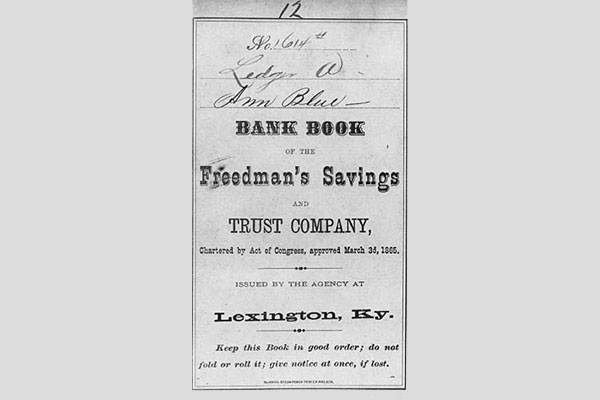By: Dave Roos | Feb 15, 2022
During the American Civil War, nearly 180,000 Black Americans fought for the Union, many of them escaped former slaves. They were paid for their service, albeit less than white soldiers received. But there were few banks at the time that would let a Black person open an account and safeguard their money.
In 1865, after the war ended, a white abolitionist preacher from New York named John Alvord successfully lobbied Congress to create a bank to serve these deserving soldiers and millions of recently emancipated former slaves.
It was called the Freedman’s Savings and Trust Company — or simply the Freedman’s Savings Bank — and by the early 1870s it had received $3.7 million in deposits (worth over $85 million today) from Black account holders who believed that the government bank had their backs.
Tragically, it didn’t.
By 1874, less than a decade after it was founded, the Freedman’s Bank collapsed, a victim of mismanagement, corruption and a global financial crisis. But the real victims were its Black account holders, few of whom recovered a cent from the failed enterprise.
This article appears in its entirety at How Stuff Works website. It can be read here.
